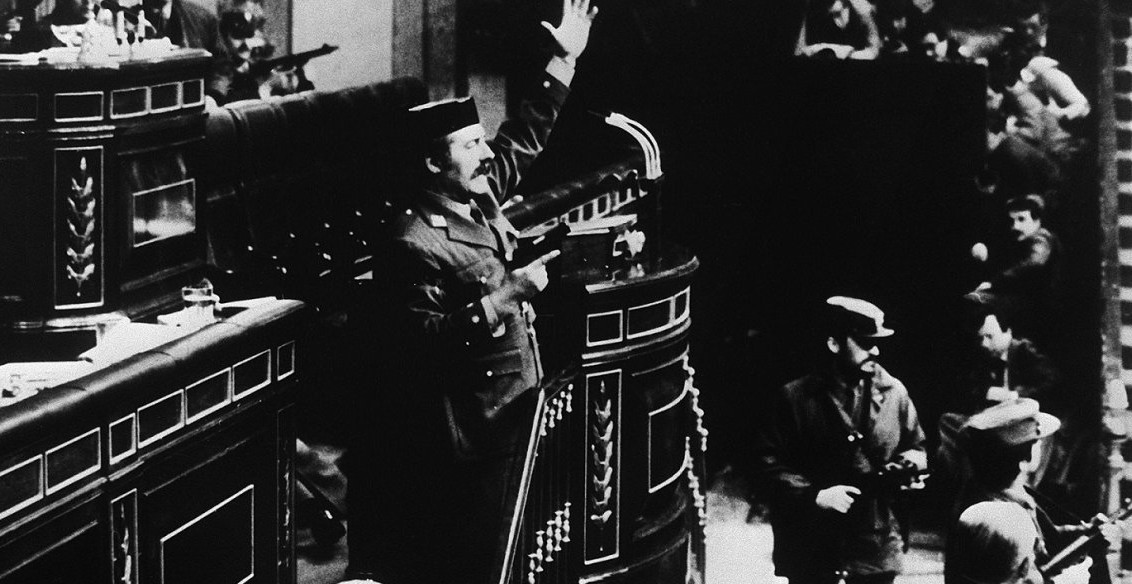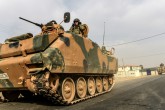In many countries throughout the world, a variety of steps have been taken to ensure the normalization of political institutions after failed coup attempts. The steps taken in more limited periods of time are usually dealt with within the framework of a state of emergency to avoid a power vacuum in politics and the risk of counter-coups. Hence, when a large-scale purge of institutions is carried out after a failed coup attempt, the possibility of a new coup staged by those not involved in the previous attempt still exists. Thus, the transition process after failed coup periods plays a vital role in avoiding fresh turmoil. The requirement for such extraordinary measures and practices can be exemplified by countries that have had similar experiences before, such as Spain and Greece. In the last quarter-century, these two countries not only eliminated the reasons that led to the coups, but also democratized political institutions which were exposed to coup attempts at irregular intervals. These examples show that countries capable of struggle with anti-democratic and interventionist institutions can reach the next level in terms of democratization.
Consolidation of Democracy after an Attempted Coup D’état in Spain
Spain suffered more than 50 military coups or attempted coups between 1814 and 1981. Most of these coups were held with the aim of increasing the authority of the state or “rescuing Spain” from external influences. The last failed coup attempt was named “23-F” and was over after a one-day domination by the putschists on February 23, 1981. It was held by the Civil Guard, a military force positioned between the army and the police. On the day of the attempt, 200 members of the Civil Guard broke into parliament and took almost 350 MPs hostage. According to the later revealed coup plot, Franco-era sympathizers of the Civil Guard aimed to arrest the leaders of all political parties and eliminate the political hierarchy to create a power vacuum that would be filled by them. This attempt, interestingly, has much in common with the failed coup of July 15, 2016, in Turkey, both in forms of practice and methods of struggle. It was defeated by strong statements against the coup from King Juan Carlos I of Spain and the uncompromising attitude of the Spanish media against the coup plotters. Moreover, lack of support from the vast majority of the armed forces prevented the spread of the coup throughout the country.
[Politics Today, August 25, 2016]



